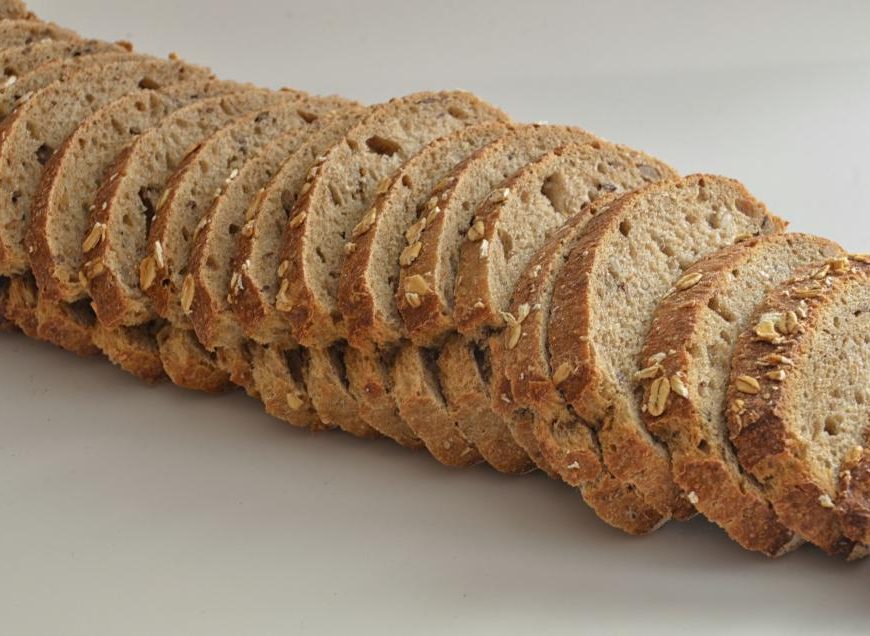Period pain (dysmenorrhea) is pain or cramps felt in the lower abdomen that occur before and during menstruation. The pain may range from dull and heavy to severe and extreme. Primary dysmenorrhea is the most common type. It is characterised by pain in the lower abdomen that can occur 1-2 days before and last the length of her period. In this situation, there are no underlying conditions causing the pain. Secondary dysmenorrhea is characterised by pain due to an underlying condition e.g. endometriosis, uterine fibroids or pelvic inflammatory disease.
Oestrogen dominance is the most common cause of period pain, as pain is a symptom of hormone imbalance. Symptoms are your body’s way of communicating with you, because it does not have a voice to talk. Check out my Women’s World Tonic and Oestrogen Dominance Blog.
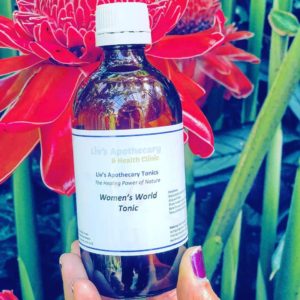
Symptoms may also include lower back pain, nausea, vomiting, sweating, dizziness, constipation or diarrhoea (often constipation before and loose stools during), fluid retention and cyclic headaches.
Natural remedies:
Magnesium helps to relax muscles, the uterus is a muscle. Magnesium also helps to relieve constipation, as the bowel is also a muscle. Food sources include leafy green vegetables, nuts, seeds and cacao. It is difficult to obtain sufficient quantities through diet, therefore, supplementation may be inevitable. Choose a supplement with 300-500mg per day. Tip: a simple test to determine if you are magnesium deficient is to stick your tongue out in front of a mirror – slight shaking or quivering indicates magnesium deficiency.
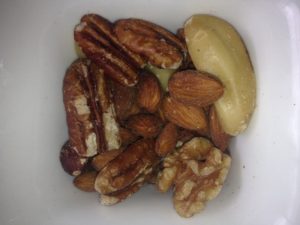
Ginger is anti-inflammatory, enhances blood circulation and reduces nausea. Enhancing blood circulation may improve period pain. Ginger can be taken fresh, dried, as tea, crystallised or as ginger beer/ale.
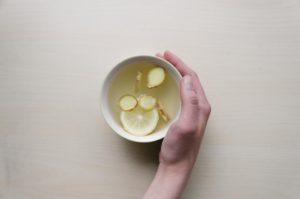
Omega 3 is also anti-inflammatory and stimulates blood circulation. Animal sources include salmon, sardines, mackerel, anchovies and other fatty fish. Plant sources include walnuts, flaxseeds, chia seeds and hemp seeds (and their oils). Animal sources are more bioavailable (easily absorbed) than plant sources as they are already in their active form.
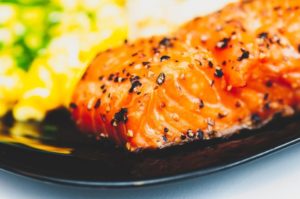
Evening primrose oil contains essential fatty acids. It may balance hormones and reduce symptoms associated with hormone imbalance. Evening primrose oil is taken in liquid or capsule form.
Herbal tea warms the body and promotes blood circulation. Try ginger, chamomile and peppermint. Use a saucer as a lid on the cup, keep the tea bag in and brew it strong for full benefits of the herbs. The lid traps in the volatile oils which would otherwise evaporate into the air and escape.

Warm bath or hot water bottle to increase blood circulation. Have a hot bath with epsom salt, as this is magnesium sulphate. Epsom salt is partially absorbed through the skin, which increases the magnesium levels in our body. Add about 10 drops of relaxing essential oil to your bath, like lavender, ylang ylang, bergamot, chamomile or frankincense.

Essential oils not only smell nice, but they are therapeutic. Massage 2-3 drops of clary sage or cypress essential oil on your lower abdomen and apply a warm compress on top for 2-5 minutes. Clary sage helps to balance hormones and cypress improves circulation.
Herbal Medicine – Licorice and White peony are effective at relieving period pain. Chaste tree is well known at rebalancing oestrogen and progesterone, which is a common cause of period pain. Antispasmodic herbs help to relieve smooth muscle spasms (the uterus is an example of smooth muscle, as opposed to skeletal muscle). Carminative herbs soothe intestinal spasm and pain. Circulatory stimulant herbs improve blood flow through body tissues, including the uterus.
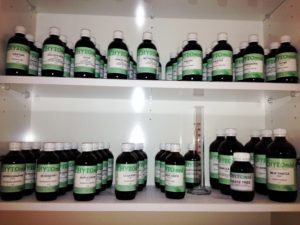
Consult with me to determine if herbs or supplements are indicated in your individual case.




